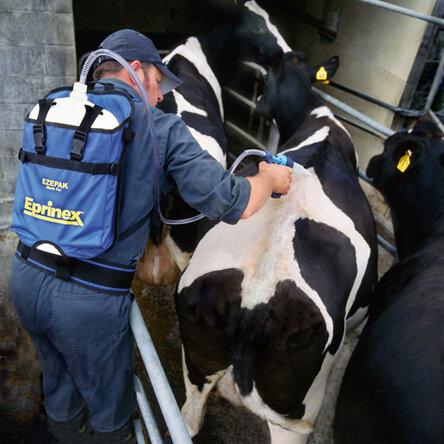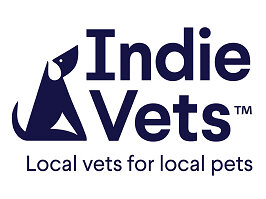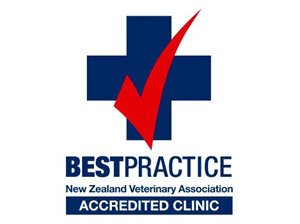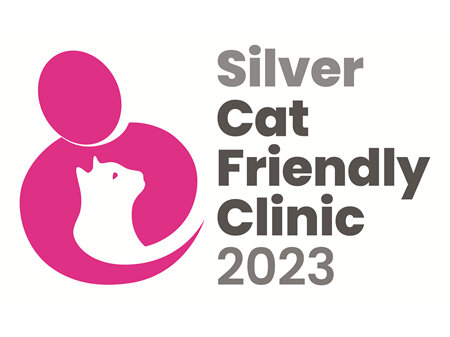Franklin Vets
Franklin Vets - excellence in veterinary care for dairy, farming, lifestyle, equine and household pets. BESTPRACTICE ACCREDITED NZ.
Your account is powered by Storbie. To edit your profile visit my.storbie.com
Your account is powered by Storbie. To edit your profile visit my.storbie.com

Yes, they do. Adult cattle generally have a good natural immunity to internal parasites, however, the energy and protein cost for the immune response to parasite challenge can cause performance (both production and reproduction) losses.
Demonstrating a parasite burden is more difficult in adult cattle as the tests that we use in young stock (FECs, pepsinogen etc.) are of limited value.
Discussion with your vet relating to the specifics of your farm situation and how this relates to NZ trial work is recommended.
Herd factors that may increase the likelihood of a positive response to drenching include:
NZ research has shown that the response is not the same between products. “Eprinex” has the most robust trial data and has repeatedly shown the biggest return on investment.
Drenching at calving produced an extra 0.03kg MS per cow per day over the season. For most herds, this equates to ~ 8kgMS per cow over the season and represents a net return of around $65-70 per cow treated.
On top of the milk response, there may be reproductive benefits. A NZ study showed that Eprinex treatment at calving reduced calving to conception interval in heifers by 12.9 days. There is also data (NZ and Australian) showing a smaller but significant benefit in mixed-age cows.
“Eprinex” has no milk withholding. It is best used at calving or early lactation (before mating) although the treatment at dry-off will also provide positive returns.
Contact your local Franklin Vets clinic if you would like to discuss herd drenching treatment for your herd.
Dr Dave Curnow BVSc
Franklin Vets - excellence in veterinary care for dairy, farming, lifestyle, equine and household pets. BESTPRACTICE ACCREDITED NZ.



